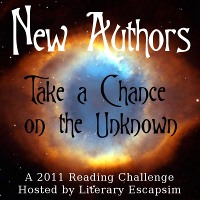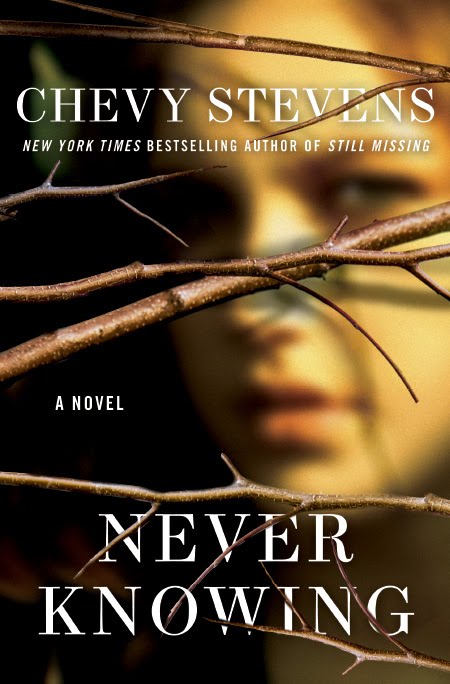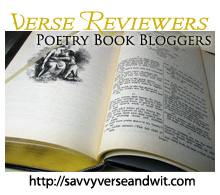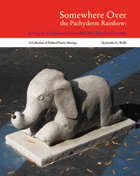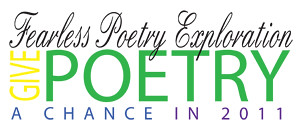
Vlad: The Last Confession by C.C. Humphreys seeks to answer these questions through three confessions from those who knew him best — Ion, his childhood friend; Ilona, his mistress; and the hermit — as the powers that be try to resurrect Vlad’s reputation as a means of conquering the Turks and spreading Christianity. The confessions begin and take readers back to when Vlad was a mere teenager and hostage of the Turks as a means of keeping his father, the ruler of Wallachia, in line. Unlike typical hostages, Vlad and Ion are taught philosophy and other subjects, and Vlad excels at them. Unfortunately, the Sultan takes notice much to the chagrin of his nephew, Mehmet, who once ruled the Turkish kingdom and is itching to get it back. Vlad is then sent to Tokat to learn a different set of subjects at the hands of the Turks in a way that damages his innocence and fuels the fire for revenge.
“In the crook of a copper beech sat a man. His arms were crossed, gloved hands folded into his lap, the right beneath to support the weight of the goshawk on his left. They had been there for a long time, as long as the blizzard lasted. Man and bird — part of the stillness, part of the silence. Both had their eyes closed. Neither were asleep.” (page 3)
Humphreys ensures that readers live in these pages, traveling with Vlad and the other characters through the harsh countryside in the 1400s and breathless with anticipation as the next confession begins in the present (1481). There are moments in the early part of the book in which events are told that could not have been told by the confessor because Dracula was not with him or her, particularly when Dracula is taken from Tokat by his former teacher Hamza. However, this is a minor quibble given the story weaved by Humphreys; it will capture readers and suck them into the story, anxious to see if Dracula’s reputation is salvaged.
“All had seen the twin-tailed comet that had torn through Wallachian skies the year the Dragon’s son took back his father’s throne. It was said then that Vlad had ridden it to his triumph. To those who followed now, it looked as if that comet flew again, their prince once more astride it.” (page 249)
Vlad is a character who is driven by a force beyond himself to right a series of wrongs against his people, but this force consumes him to the point of obsession, leaving him little room to deviate from the path he’s chosen. Humphreys crafts a story that demonstrates this catch-22 so thoroughly that readers see how Vlad is unable to choose and must merely follow the path laid out before him. Despite the carnage in these pages, readers will hope that Vlad sees the light, finds solace, and achieves the victory he seeks.
The only drawback is that the secondary character of Ion is flat. When he is torn between revenge and the love of his friend, it is hard to feel the tension of his indecision and applaud him when he warns his friend of impending doom. On the other hand, Ilona is seen less often in the narrative and is more fleshed out, with her love and dedication to Vlad pulsating in each of her scenes.
What makes a man commit acts of evil? Should this man be forgiven if his motivations were just? All of these questions are posed in the novel, but the answers are left up to the reader. Vlad: The Last Confession by C.C. Humphreys is part history, part epic adventure — an engrossing novel that will surely have you reconsidering other “villains” of the past.
Please check out this podcast with author C.C. Humphreys at What’s Old is New, a site from Devourer of Books and Linus’s Blanket.
For this international giveaway for 1 copy of Vlad: The Last Confession by C.C. Humphreys, you must do the following:
1. Tell me which “villain” from history you would like to see reassessed in a novel and why?
2. Blog, Tweet, or Facebook this giveaway and leave a link in the comments for a second entry.
Deadline is July 1, 2011, at 11:59PM EST
This is my 27th book for the 2011 New Authors Reading Challenge.
